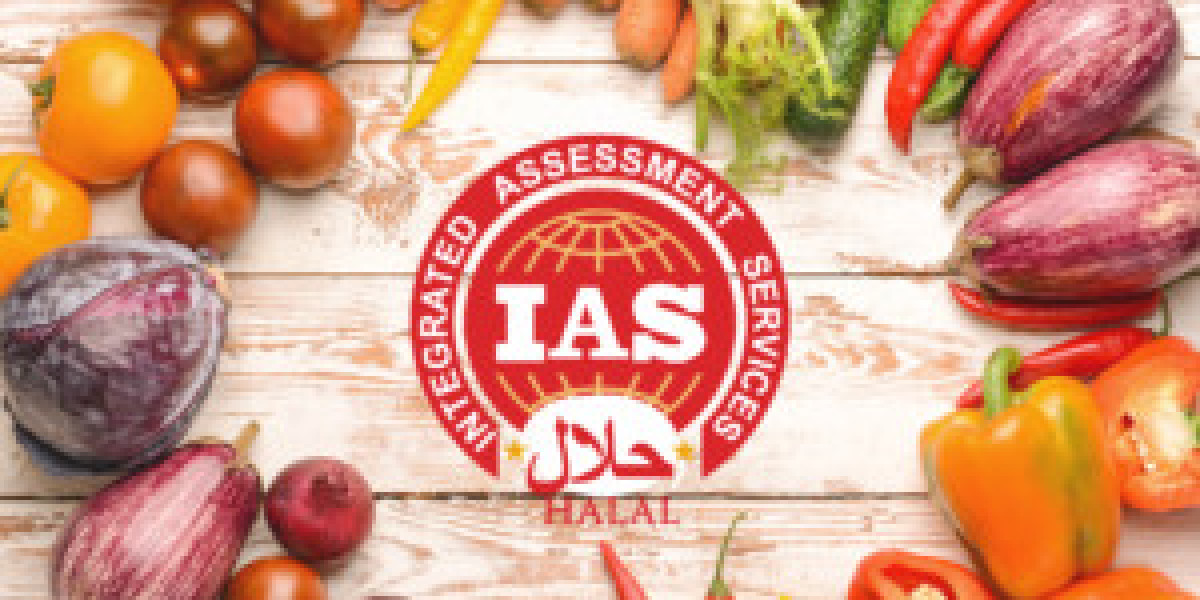Introduction:
In Indonesia, the halal certification process plays a crucial role in ensuring that products and services comply with Islamic dietary laws and principles. With the largest Muslim population in the world, Indonesia places significant importance on halal certification to cater to the needs of its Muslim consumers. In this blog post, we'll explore the halal certification process in Indonesia, its significance, and how businesses can navigate this process to tap into the lucrative halal market.
Understanding Halal Certification:
Halal certification verifies that products and services comply with Islamic dietary laws and are permissible for consumption by Muslims. In Indonesia, the halal certification process is overseen by the Indonesian Ulema Council (Majelis Ulama Indonesia or MUI) through its Halal Certification Agency (Lembaga Pengkajian Pangan, Obat-obatan, dan Kosmetika or LPPOM MUI). The certification process involves thorough examination and verification of ingredients, production processes, and facilities to ensure compliance with halal requirements.
Significance of Halal Certification in Indonesia:
Halal certification holds significant importance in Indonesia due to its predominantly Muslim population. For businesses, obtaining halal certification enhances consumer trust and confidence, expands market reach, and opens opportunities to tap into the growing halal market both domestically and globally. Halal certification is particularly crucial for industries such as food and beverages, cosmetics, pharmaceuticals, and tourism, where adherence to halal standards is essential for consumer acceptance.
Navigating the Halal Certification Process:
- Application Submission: Businesses seeking halal certification must submit an application to LPPOM MUI, providing details of their products or services, ingredients used, and production processes.
- Document Review: LPPOM MUI conducts a thorough review of the submitted documents to assess compliance with halal requirements, including ingredient sourcing, production methods, and hygiene practices.
- On-Site Inspection: LPPOM MUI may conduct on-site inspections of facilities to verify compliance with halal standards, including segregation of halal and non-halal ingredients, cleanliness, and adherence to Islamic principles.
- Halal Assurance System Implementation: Businesses are required to implement a Halal Assurance System (HAS) to ensure ongoing compliance with halal requirements, including sourcing halal ingredients, maintaining hygiene standards, and conducting regular audits.
- Certification Issuance: Upon successful completion of the certification process, LPPOM MUI issues a halal certificate, indicating that the products or services meet halal standards and are permissible for consumption by Muslims.
Benefits of Halal Certification:
- Consumer Trust and Confidence: Halal certification enhances consumer trust and confidence, especially among Muslim consumers who seek assurance that products and services comply with Islamic dietary laws.
- Market Access: Halal certification opens doors to new markets, both domestically and internationally, allowing businesses to cater to the needs of Muslim consumers and tap into the growing halal market.
- Competitive Advantage: Halal certification provides a competitive advantage in industries where adherence to halal standards is essential for consumer acceptance, helping businesses differentiate their products and services from competitors.
- Brand Reputation: Halal certification enhances brand reputation and credibility, demonstrating a commitment to quality, integrity, and compliance with Islamic principles.
- Export Opportunities: Halal certification facilitates access to global halal markets, enabling businesses to export their products and services to Muslim-majority countries and Muslim communities worldwide.
Conclusion:
Navigating the halal certification process in Indonesia is essential for businesses seeking to cater to the needs of Muslim consumers and tap into the lucrative halal market. By understanding the significance of halal certification, adhering to halal requirements, and obtaining certification from reputable authorities such as LPPOM MUI, businesses can enhance consumer trust, expand market reach, and capitalize on the growing demand for halal products and services. Embrace the halal certification process today and unlock opportunities for success in Indonesia's vibrant halal market.



